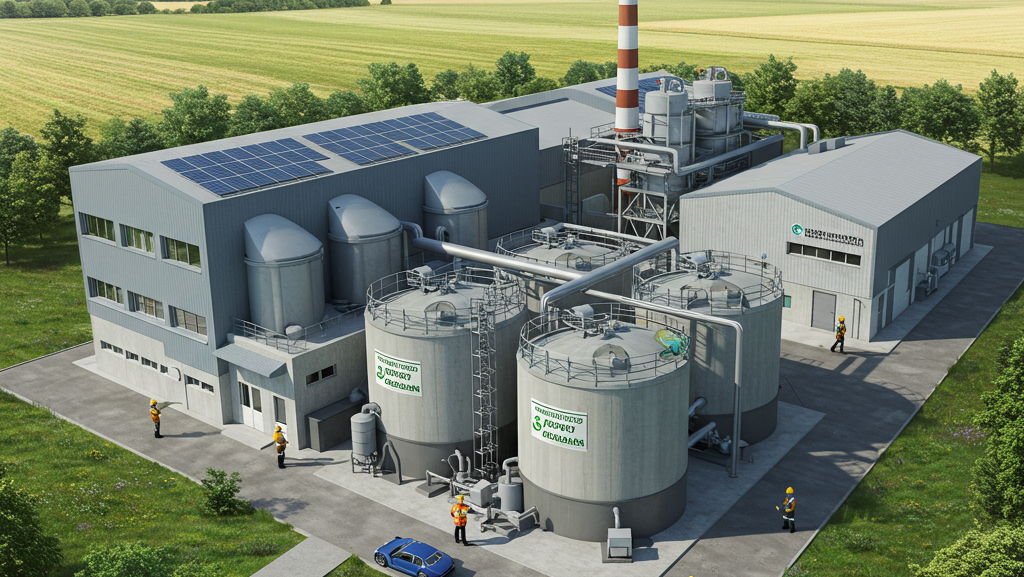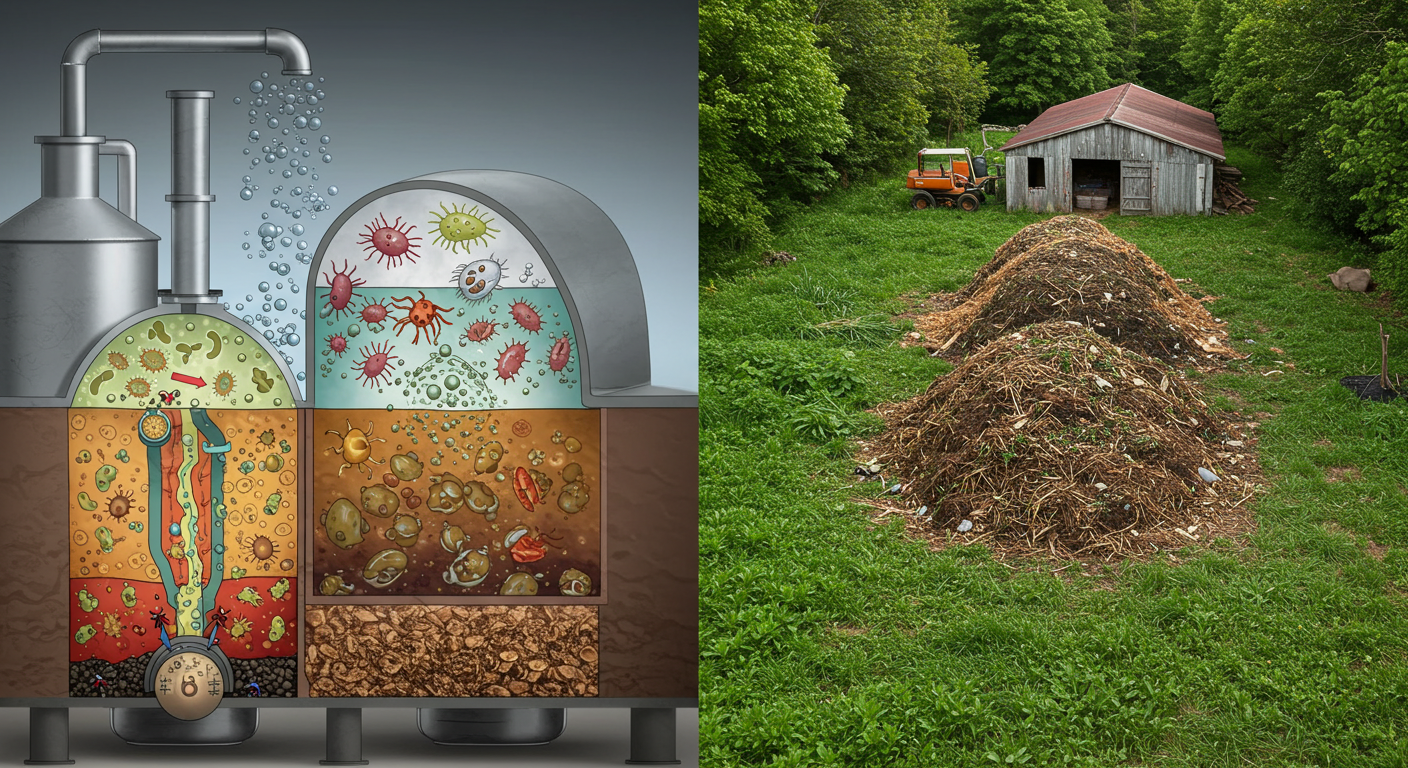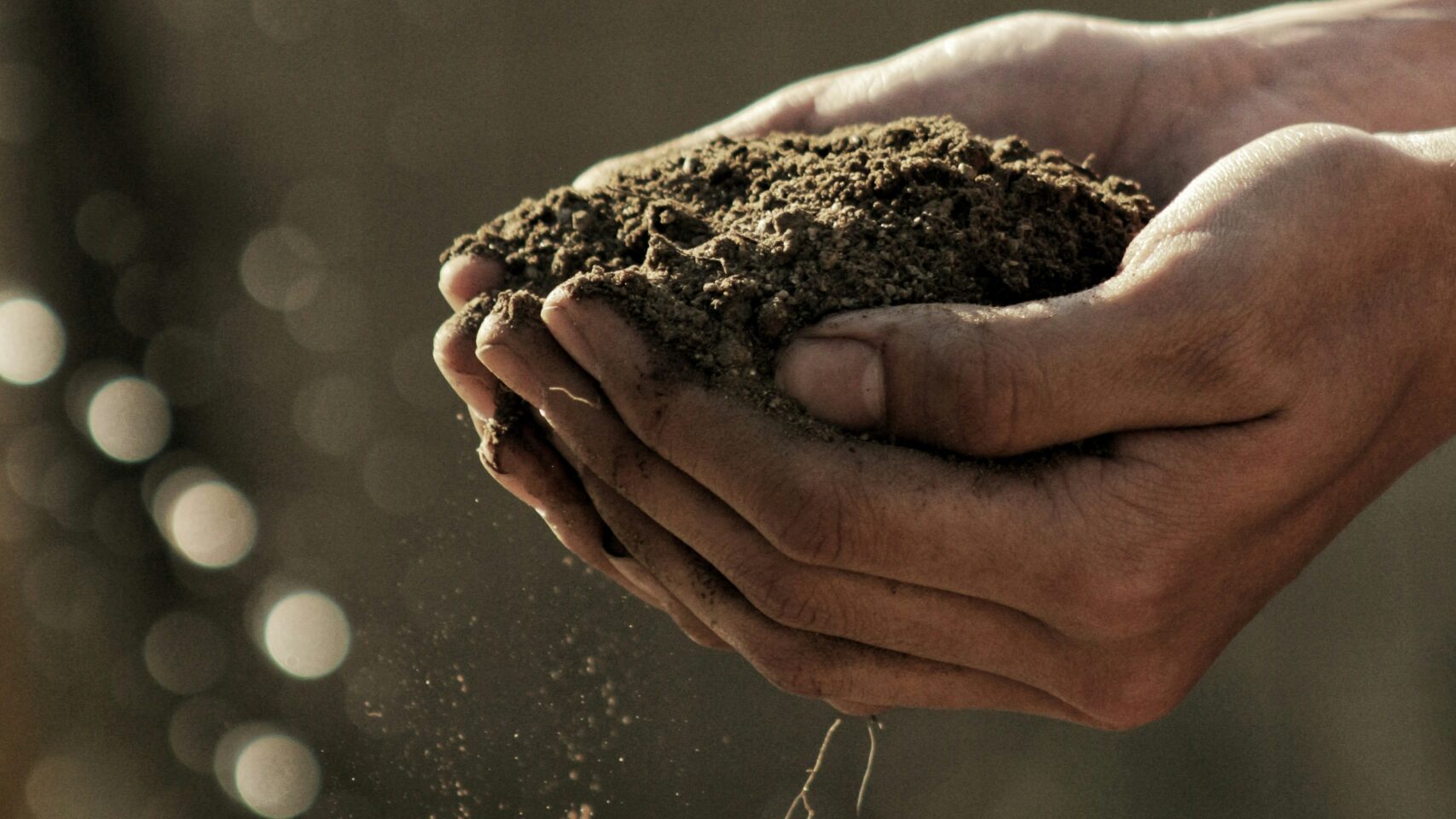Understanding Farm Runoff Pollution
Farm runoff pollution presents a significant challenge for environmental sustainability. This phenomenon occurs when rainwater washes fertilizers, pesticides, and sediments from agricultural fields into nearby water bodies. Such runoff can lead to water quality degradation, harming aquatic life and human health.
Implementing Best Management Practices
Farmers can employ various best management practices (BMPs) to mitigate runoff pollution effectively. Techniques such as cover cropping, riparian buffers, and reduced tillage can significantly enhance soil health and minimize soil erosion. Cover crops help to retain soil nutrients while acting as a shield against rainfall impact, thereby reducing nutrient leaching into waterways.
Utilizing Precision Agriculture
Adopting precision agriculture technologies can further aid in minimizing farm runoff. By using GPS, soil sensors, and data analytics, farmers can make informed decisions about fertilizer application, ensuring they apply the right amount at the right time. This targeted approach not only optimizes crop yields but also reduces excess nutrient runoff into surrounding ecosystems.
In conclusion, implementing strategies to reduce farm runoff pollution is crucial for preserving water quality. By adopting best management practices and harnessing precision agriculture, farmers can play a proactive role in protecting our environment.





